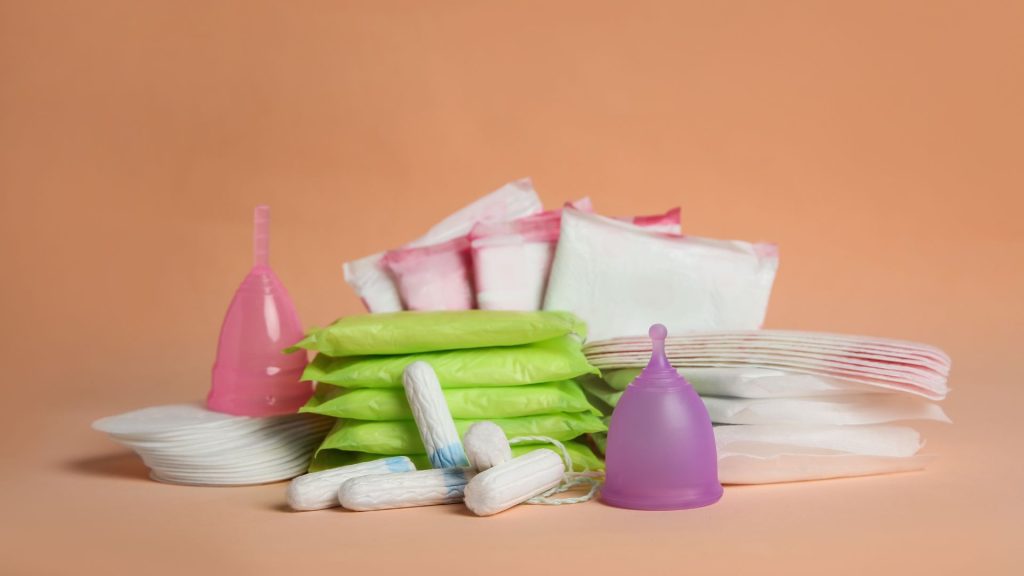As 45 billion disposable pads and tampons end up in landfill every year, there is an urgent need to find sustainable alternatives like reusable menstrual products.
Though some may view reusable menstrual products with suspicion, they actually offer some key advantages over single-use alternatives.
They’re better for the environment
Reusable menstrual products like menstrual cups and disks may require some adjustment at first, but over time they’re ultimately better for the environment than standard tampons and pads. Their production uses more sustainable materials which lessens environmental impact while providing hypoallergenic solutions.
Study results on women and girls who use reusable menstrual products revealed that comfort, protection from leakage and environmental sustainability were prioritized over cost, confidence in using it or ease of changing. They preferred natural or organic cotton grown without toxic chemicals for best results.
Globally, approximately 1.8 billion women and girls lack access to safe and clean menstrual hygiene products. Furthermore, disposable tampons and pads produce around 200 million tons of waste every year due to commercialization and taboo surrounding discussions surrounding menstruation.
They’re healthier for the skin
Reusable menstrual products are more beneficial for your skin than disposable pads and tampons, made with breathable materials that allow airflow while simultaneously reducing irritation. Many brands also feature adjustable absorbency options to find something suitable.
Chemicals found in disposable sanitary products can irritate skin, lead to breakouts and worsen menstrual symptoms such as cramping. Reusable menstrual products made from natural, organic and recycled materials do not contain perfumes, deodorants and dyes which are harmful for the environment and could potentially trigger allergic reactions in users.
ActionAid conducted a study where community women were trained to make and distribute reusable pads to girls in Malawi. The softer, reusable pads helped girls stay at school longer while building bright futures – previously, leaky and itchy pads caused many girls to miss days of school, leading to dropout. Reusable pads are soft yet absorbent – less likely to leak and leave marks on skin surfaces than their predecessors.
They’re cheaper
Reusable menstrual products often end up saving people money in the long run. While initial costs may be higher than disposable pads or tampons, over time you should recoup your initial investment.
Women, girls and people who menstruate often make do without access to proper menstrual products in countries where access is limited; therefore they resort to using alternative materials like rags or newspapers that harbor bacteria which could potentially cause toxic shock syndrome (TSS).
Reusable products provide an effective defense against this risk as they’re made from eco-friendly, safe materials that can be washed and reused multiple times, making them more cost-effective in the long run.
They’re easier to clean
If the thought of adding yet another task to your to-do list makes you nervous, rest assured that reusable pads and cups are much simpler to keep clean than disposable alternatives. Simply boil them after every use to ensure that they remain thoroughly sanitized for your next period.
Step one in proper tampon hygiene should include proper washing. Failure to do this may expose women and girls to harmful bacteria that could lead to toxic shock syndrome, an extremely serious and life-threatening issue which boiling can prevent by also killing off any germs that might exist on tampons.
Reusable menstrual products can be created at home using easily available materials, providing an important service for those without access to public restrooms who cannot afford the cost of expensive tampons and pads annually that typically end up in landfills for years after use. Reusable products are particularly helpful to low-income rural women who often find it challenging to access commercial period products due to limited public restroom access.


